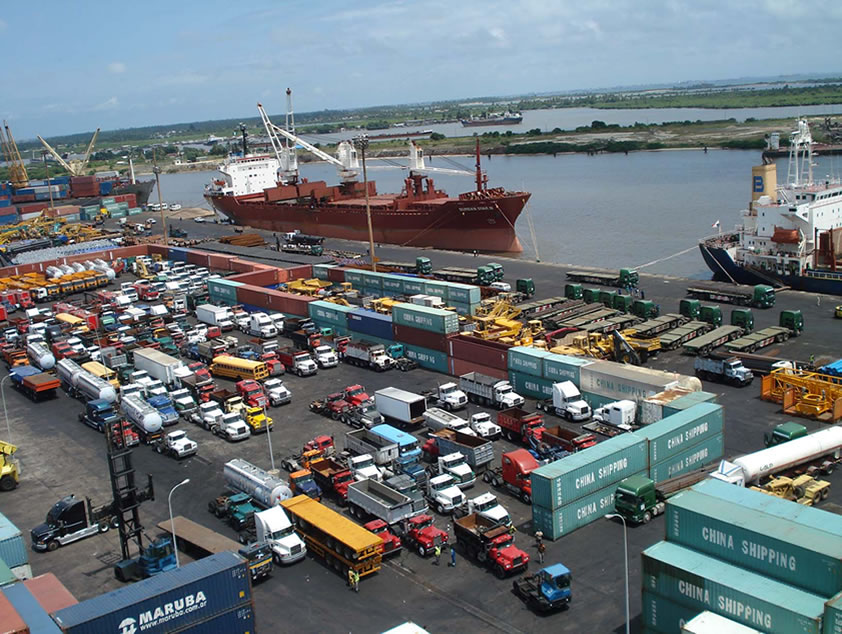Stakeholders at the nation’s maritime industry recently came up with strong opposition to the new federal government policy of cargo palletization, saying the idea will not only raise costs of doing business at the ports, but breed corruption.
Experts who gathered at a Town Hall Meeting organised by leading maritime consulting firm, Ships & Ports in Lagos, expressed concerns over the Federal Government’s policy on cargo palletization, saying the policy is coming to frustrate gains so far made in the industry.
Some of the negative implications of the policy according to them include diversion of Nigeria-bound cargoes to the ports of neighbouring countries where the policy is not implemented.
A communiqué issued at the end of the Town Hall Meeting, revealed that the management of the pallet waste after use would posed serious environmental issue in Nigeria.
In his submission, National President of the Association of Nigerian Licensed Customs Agents (ANLCA), Prince Olayiwola Shittu said the palletization policy holds no benefit for the country and “will also further breed corruption” at the port.
“The policy will be difficult for shippers because we are an import dependent nation. Palletization will enhance corruption in the ports, as a good chunk of the internally generated revenue in the port goes into private pockets. Palletization should not be our priority, rather let us look at how we can improve services at the ports,” he said.
The General Manager Shipping, at SIFAX Group, Mr. Henry Ajoh who represented the Executive Vice Chairman of SIFAX Group, Dr. Taiwo Afolabi, noted that what the ports need urgently is enhanced cargo examination system to facilitate ease of doing business, stressing that “We need scanners. Government needs to deploy technology at the port for Customs examination and release processes. That is the way to go. Palletization takes us backward and cannot work in Nigeria.”
Contributing, the Managing Director of CMA CGM, a container carrier operating in Nigeria, Mr. Todd Rives argued that the policy would lead to the loss of substantial revenue by the country as more Nigeria bound cargo traffic will land at neighbouring ports where the policy does not exist.

 Entertainment5 days ago
Entertainment5 days ago
 Health1 week ago
Health1 week ago
 Health4 days ago
Health4 days ago
 Football1 week ago
Football1 week ago
 Football1 week ago
Football1 week ago
 Crime4 days ago
Crime4 days ago
 Education6 days ago
Education6 days ago
 Crime1 week ago
Crime1 week ago






